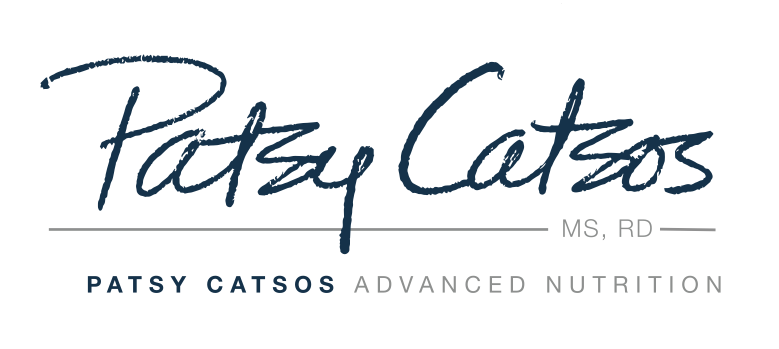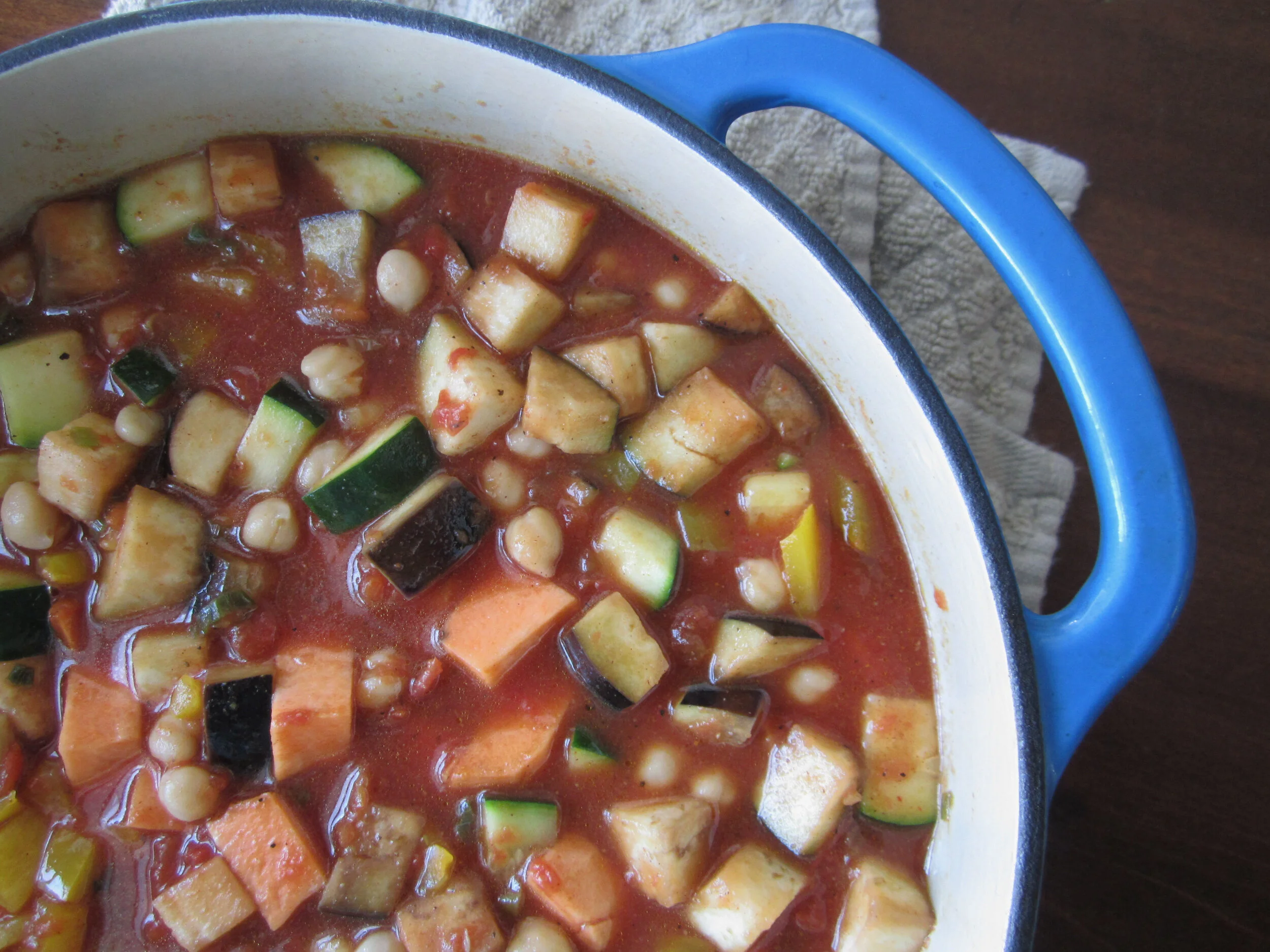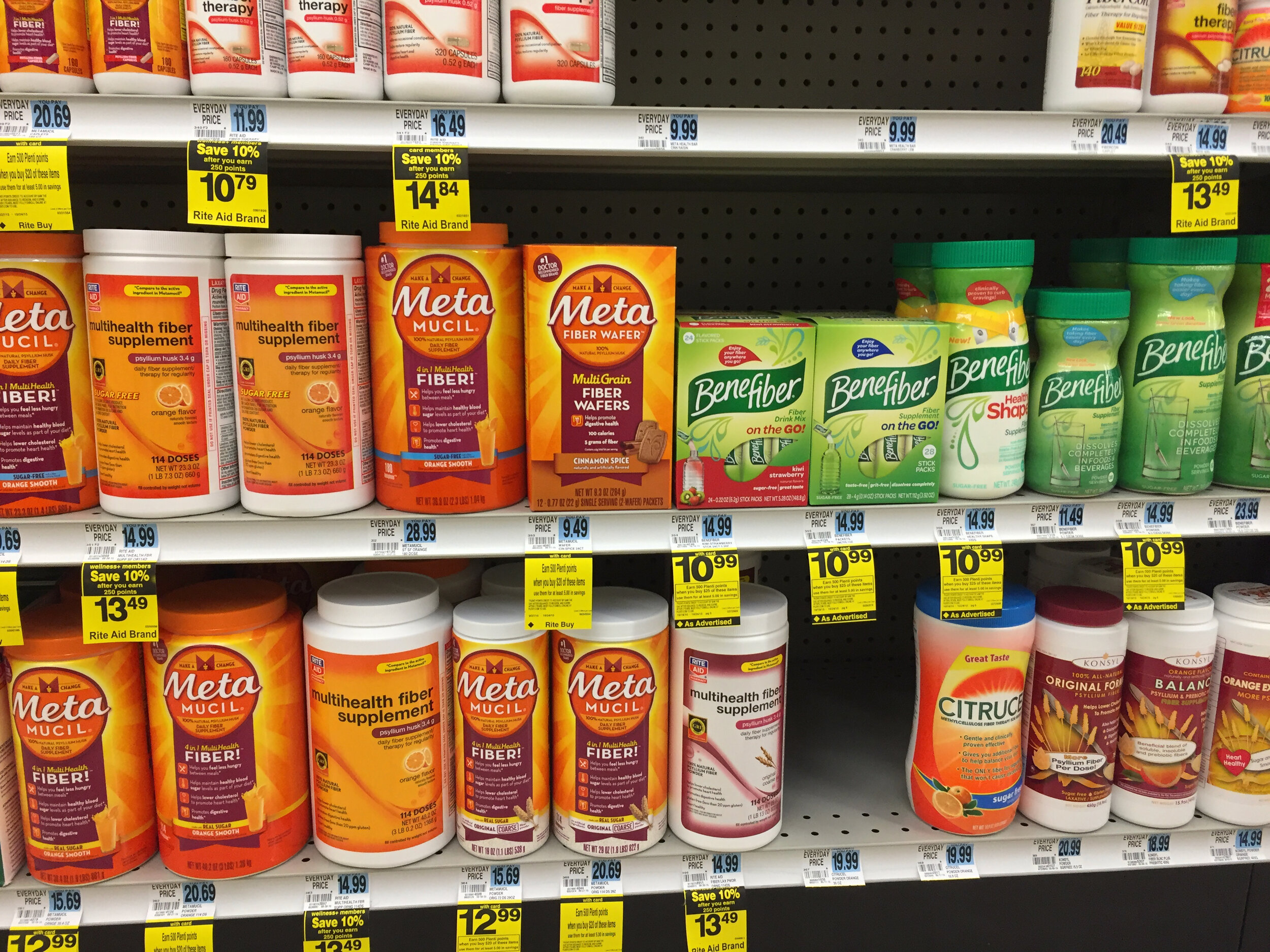Although the holidays are behind us, constipation knows no season!
What follows are excerpts from the transcript of my December 2019 Twitter Chat with the International Foundation for Gastrointestinal Disorders @IFFGD. The hashtag for the IFFGD Twitter Chat series is #DDHChat. For readability, hyperlinks and most hashtags have been removed.
IFFGD is a nonprofit education and research organization. Their mission is to inform, assist and support people affected by gastrointestinal (GI) disorders. And they do it well!
“Chronic constipation affects up to 20% of adults and 16% of children living in the United States.
”
IFFGD:
Welcome to our December #DDHChat on Eating to Reduce Constipation with lead host @CatsosIBSFreeRD.
December is recognized as Constipation Awareness Month.
Constipation is a common symptom that affects virtually everyone at some point in their life.
While constipation is common among all ages, genders, and populations; women, older adults, and non-Caucasian individuals are particularly at risk.
Occasional constipation may result from changes in diet or from inactivity and will generally respond to simple lifestyle measures.
Although common, the symptoms of constipation are often misunderstood by many.
When you notice changes in your bowel habits it is important to communicate these changes with your healthcare provider.
Various dietary modification and other lifestyle changes may help to reduce constipation.
It is natural to have some concerns about finding the right treatment plan for you. For some seeking support from a registered dietitian could help.
During the next hour, we’ll discuss dietary approaches for those living with Constipation.
We’re joined today by medical nutrition therapist @CatsosIBSFreeRD to share her unique insights on Eating to Reduce Constipation.
Patsy Catsos:
Thanks to @IFFGD for inviting me today to answer your questions about dietary modification for people living with Constipation.
I look forward to fielding your questions over the next hour! The views shared today are mine and do not represent the official position of @IFFGD.
Each patient is unique, so please consult your registered dietitian (RD) or gastroenterologist for specific direction for nutritional support for Constipation.
The views and experiences shared I share are my own and do not reflect the official positions of IFFGD.
IFFGD:
The views and experiences shared by our participant are their own and do not reflect the official positions of IFFGD.
Each patient is different. Always consult with your healthcare provider or a registered dietitian (RD) on a diet treatment plan that is right for you.
Information and resources shared during today’s chat should not replace medical care that you are receiving.
As we start this month’s twitter chat series, @CatsosIBSFreeRD, can you briefly explain to us what constipation is and the symptoms that are commonly experienced in adults and children?
Patsy Catsos:
People with constipation don’t poop regularly or have trouble completely emptying their bowel. With constipation, stool (poo) may be hard and dry. It might be difficult or even painful to poop.
Pooping less than three times a week can be described as constipation. The longer poo stays in the large intestine, the harder and drier it usually gets.
Constipation can happen just once in a while or be a chronic problem. It can happen on its own or as part of irritable bowel syndrome (IBS). Sometimes it even alternates with diarrhea.
Diet approach can be different depending on whether constipation is part of IBS or not!
IFFGD:
Often times what we eat can contribute to these symptoms. What are some of the most common foods that contribute to constipation?
Patsy Catsos:
In my experience there are no particular food villains that = constipation. Overall meal pattern (what and when you eat and drink) seems to make more difference than any one particular food.
“Sometimes it’s more about what you’re NOT eating or doing. ”
Sometimes it’s more about what you’re NOT eating or doing. I might see constipation in patients who follow low-carb diets, people who don’t get enough fiber, fluids or activity, and people who just don’t eat enough period.
Some people with constipation-predominant IBS, but not all, have trouble with constipation when they eat more FODMAPs than they can handle.
Remember, sometimes constipation isn’t about your food or how you eat. Sometimes it just happens.
IFFGD:
“Remember, sometimes constipation isn’t about your food or how you eat. Sometimes it just happens. ”
Some people may notice that they are extremely bloated when they are constipated. Are there certain foods that produce more gas than others and contribute to the symptoms of constipation?
Patsy Catsos:
Normally we pass a lot of gas when we poop. If you’re not pooping, you’re not passing as much gas, either. Between the load of you-know-what in there and the trapped gas it can get pretty uncomfortable.
Bacteria and other microbes produce gas in your intestines. This is a perfectly normal part of how our bodies work. But, if gas formation is too much/too fast, it can cause bloating and abdominal pain as the intestines stretch to accommodate it.
So yes, if we feed our gut microbes too much of their favorite foods at one time, it can contribute to excess gas. Some of those foods are onions, garlic, apples, milk, and beans, but there are many more. These foods are high in FODMAPs.
FODMAPs are certain sugars and certain fibers in food that can cause GI distress for people with IBS, including constipation.
More on FODMAPs here at my web site, and at University of Virginia, University of Michigan, or Monash University.
IFFGD:
Is it true or false that adding fiber to your diet may help relieve symptoms of constipation?
Patsy Catsos, MS RDN:
True. Before taking anything OUT of your diet, make sure you’ve tried increasing your fiber intake through foods, and maybe try a fiber supplement to see if it helps. If it doesn’t, discuss the idea of a low FODMAP diet with your doctor or dietitian.
Not all fiber is the same. For example, eating more wheat bran helps very few people with constipation; whole psyllium husk or acacia fiber supplements are likely to be more effective and cause less bloating.
Fiber supplements are not all the same. If one doesn’t work for you, try another.
Fiber supplements aren’t all the same. If one type doesn’t work for you, try another.
For fiber supplementation, note three keys: 1) Gradually increase fiber if you aren’t used to it-start with 1/3 dose 2) Take with plenty of water and 3) Eat/take fiber consistently to PREVENT constipation. It won’t help much if you are already full of stool.
If you can tolerate them, a wide variety of fruits, vegetables, beans, nuts and seeds are great fiber sources. If not, choose lower-FODMAP foods from each of those categories. Try strawberries, squash, canned chickpeas, and pepitas!
IFFGD:
Can you briefly explain the difference between insoluble fiber and soluble fiber? What types of food might fall into each category?
Patsy Catsos:
Soluble fibers dissolve in water, insoluble fibers do not. One is not better for constipation than the other. Soluble fibers will hold water and soften stool. Insoluble fibers will stimulate more BMs. So both are helpful!
Luckily, most unprocessed plant foods contain multiple types of fiber, so don’t worry too much about the soluble/insoluble category. Fiber variety is good!
If you suffer from IBS or have a lot of excess gas and bloating, perhaps pay more attention to fermentability rather than solubility! Choose fibers that are not as rapidly fermentable (low-FODMAP). They will likely cause less distress.
For fiber, try to eat plant foods as close to whole as you can: baked potato with skin, not chips; brown rice, not rice crackers, a fresh orange, not orange juice etc.
IFFGD:
Some people say they experience fewer bowel movements when they don’t drink enough water. Can constipation also be caused by a low intake of fluids?
Patsy Catsos:
Low intake of fluids isn’t good for any of us; if you tend toward constipation, make sure you are not allowing yourself to become dehydrated, especially during hot weather or heavy exercise.
On the other hand water isn’t a laxative, and sometimes no amount of water will make you go! Unless you’ve had medical advice to force fluids for some reason, drinking an excessive or uncomfortable amount of water won’t help.
IFFGD:
What are some ways that you recommend for patients with constipation to incorporate more fiber and fluids into their diet?
Patsy Catsos:
Smoothies are a great way to increase fiber and fluids at the same time! Blend together your favorite milk or milk alternative, ½ cup bananas or berries, 1 or 2 tablespoons of chia seeds and plenty of ice cubes.
Soups and stews like this Low-FODMAP Moroccan Vegetable Stew are great ways to enjoy increasing your fiber and fluids to prevent constipation.
Soups and stews that include vegetables and beans are other ways to enjoy your fiber and fluids. Look for low FODMAP recipes if you suffer from IBS or have a lot of excess gas and bloating.
IFFGD:
Is it true that cheese can worsen your symptoms of constipation?
Patsy Catsos:
I find most patients with constipation tolerate some aged cheese as part of a varied diet without a problem. Eating loads of cheese and meat to the exclusion of fruit, veg, nuts, seeds and beans may worsen #constipation however!
Remember, everyone is different, so cheese might affect you differently!
IFFGD:
Some fruits can help relieve symptoms of constipation. Can you provide us with a few examples of what fruits are best to eat when experiencing constipation?
Patsy Catsos:
Choice of fruit for constipation is tricky; the answer is not the same for everyone. Some may tolerate and get more regular with daily intake of fruits like apples, pears, or prunes. Others not so much.
If you have IBS or follow a low FODMAP diet, try a couple of kiwis every day. Also, portions of lower FODMAP fruits like strawberries, oranges, grapes, pineapple, cantaloupe and honeydew melon, but not all at once, can be part of a constipation-friendly diet.
IFFGD:
What are some of the most common vegetables that could help to reduce symptoms of constipation?
Patsy Catsos:
Because a variety of types of fibers are good for us, any vegetable you can tolerate is a good vegetable. Many people swear by salads and/or cooked greens to prevent constipation, and they tend to be low FODMAP too!
IFFGD:
During the holidays it can be particularly difficult to remain mindful of the foods which may cause symptoms of constipation. Can you provide of us with a few dietary tips to keep in mind this holiday season?
Patsy Catsos:
Enjoy special holiday favorites but plan ahead so they don’t take over your usual constipation-friendly regimen for days at a time. Eat regular meals. Stay hydrated: alternate water with alcohol if imbibing.
Remember constipation is not always about the food. Find time for regular physical activity during the holidays. Make time to relax in the bathroom on your usual schedule. And answer the call of nature promptly, even while away from home.
IFFGD:
Special thank you to @CatsosIBSFreeRD for joining us today and sharing her unique insights on Constipation.
Patsy Catsos:
Thank you so much to @IFFGD for having me today. It is important to understand the power that food has to improve the symptoms for people living with constipation. Honored to be part of the discussion
See Patsy Catsos, MS RDN's other Tweets
IFFGD:
To learn more about Constipation visit http://www.aboutConstipation.org #DDHChat
This page may contain affiliate links. We are a participant in the Amazon Services LLC Associates Program, an affiliate advertising program designed to provide a means for us to earn fees by linking to Amazon.com and affiliated sites.



